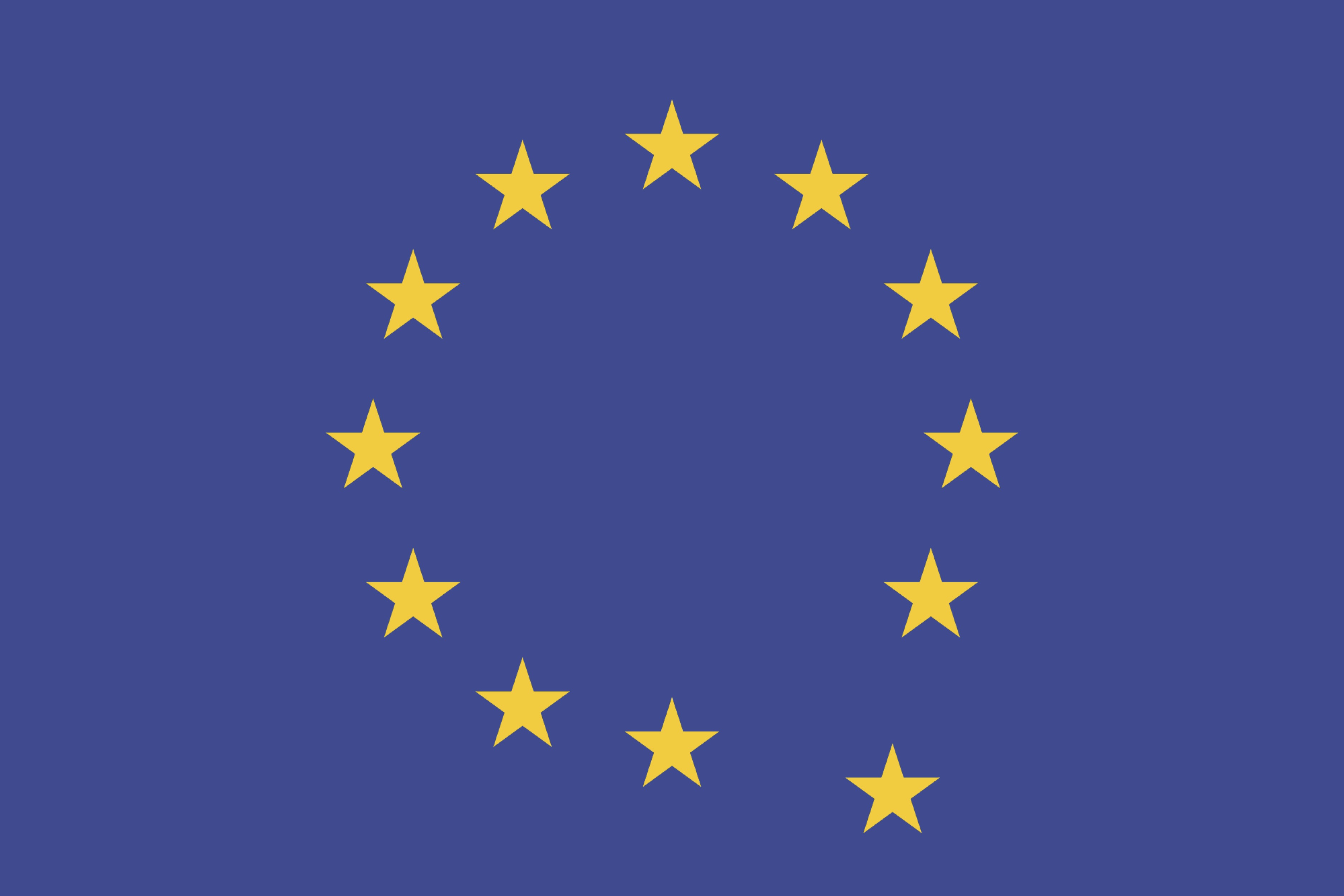
The recent inundation of fake news in emphasizes the need to be distrustful of targeted ads and certain news sources
2018 has been one of the most pivotal years for the American electorate due to revelations over issues including voter privacy, targeting by advertisements and social media safety. As Facebook has acknowledged its role in harvesting user data for third-party firm Cambridge Analytica, voters can and should have a healthy degree of skepticism regarding the advertisements and articles that appear on their Facebook feeds.
Although Cambridge Analytica abruptly shut down this week — even while actively denying the role it deliberately played in widespread data harvesting through social media — the battle is certainly not over for ordinary individuals who may have unwittingly provided useful information to such third-party firms. Although Cambridge Analytica continues to maintain that its employees’ actions were completely legal, the lasting damage it has done to the American and British electorates should certainly not be underestimated. The firm’s indifference to the effect it may have had on the Brexit movement in the United Kingdom and the 2016 presidential election in the United States speaks to an increasingly cavalier attitude that technology and data firms have toward the people they have targeted.
Even without the continued threat of data harvesting from Cambridge Analytica, voters are especially vulnerable today. The steady influx of fake news on social media sites, propagated by various troll farms that have recently emerged from the “dark web,” has the potential to be misleading, if not utterly untruthful. It’s not simply a question of taking online information with a grain of salt; it’s a question of identifying the source and determining whether it’s legitimate. This is not to say that people should cease to trust reliable and professional news sources but rather that they should consider, if not accept, the fact that certain news articles are being geared toward their search histories, subscriptions and product preferences, among other things. If individuals are only exposed to news sources that comply with their worldview, it could become quite easy for the electorate to remain as isolated and hermetically sealed as it is today. In this way, it could become easier for voters to remain entrenched in their opinions and ideas, which in turn could foster increased polarization in an already deeply divisive political climate.
As midterm elections draw nearer and the weakening moral backbone of Congress is called into question, some news sources have implied that America is due for a reckoning of sorts, a backlash to the triumph of Trump’s populism in the last two years. A non-populist movement, however, will only be possible if politicians and voters alike take a stand about their ideals instead of shrilly condemning President Trump’s every action, thus stooping to his level of discourse, as they currently do. The fine line between unproductive public vitriol toward Trump and a carefully planned and thought-out resistance to his political views and isolationist foreign policy may well be determined by how voters decide to perceive the news sources to which they’re exposed. Whatever is “trending” or “recommended for you,” after all, is only a fraction of the truth.
Written by: Rebecca Bihn-Wallace — rlbihnwallace@ucdavis.edu
Disclaimer: The views and opinions expressed by individual columnists belong to the columnists alone and do not necessarily indicate the views and opinions held by The California Aggie.




